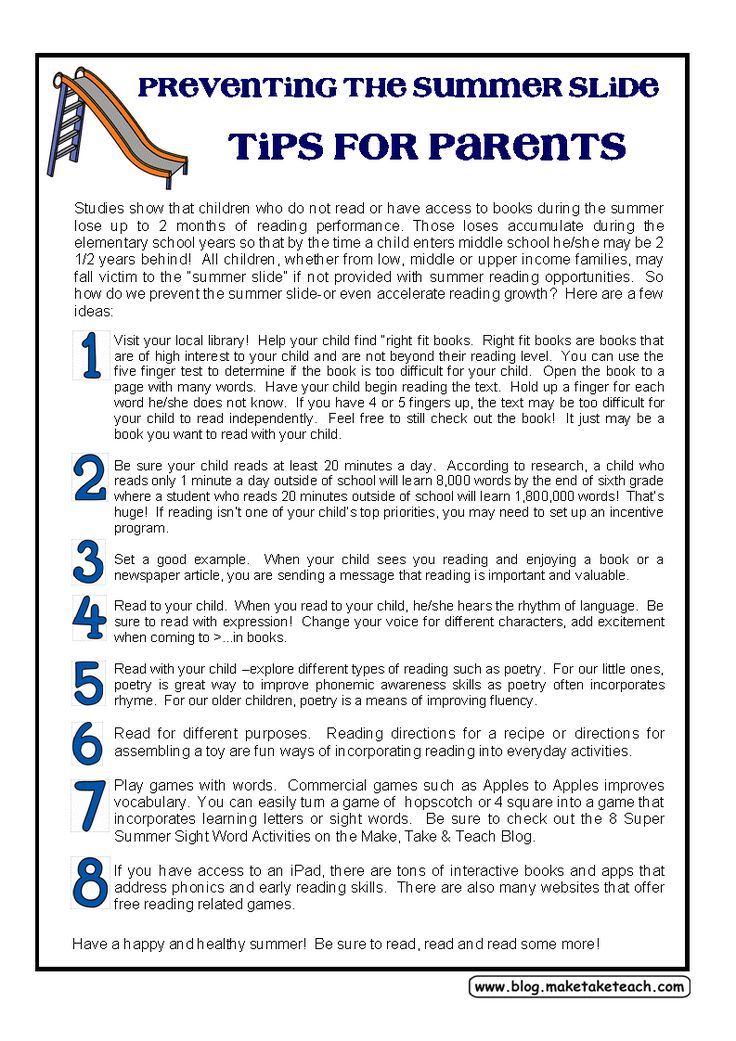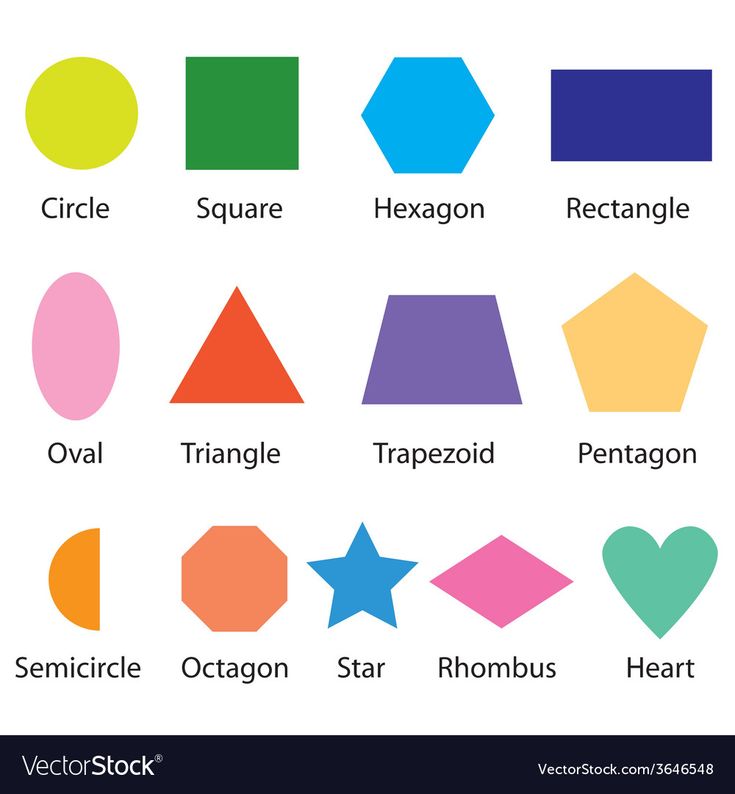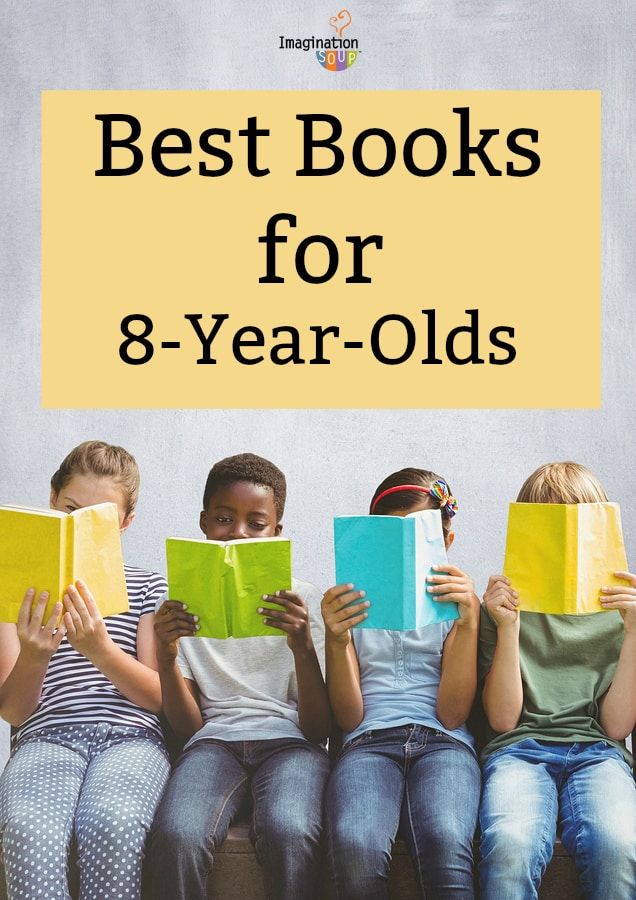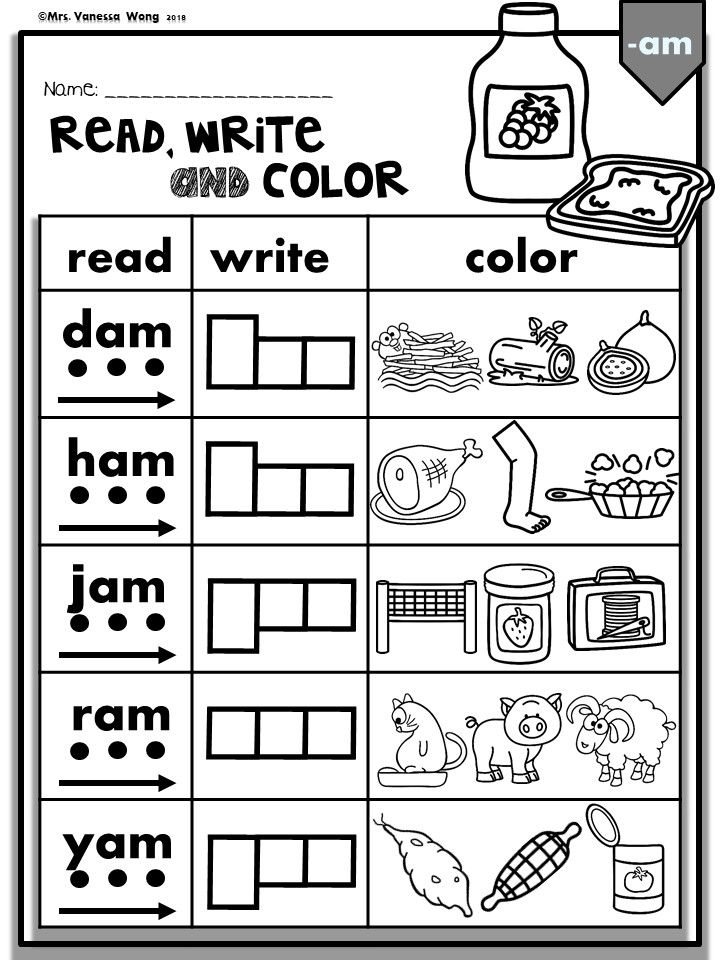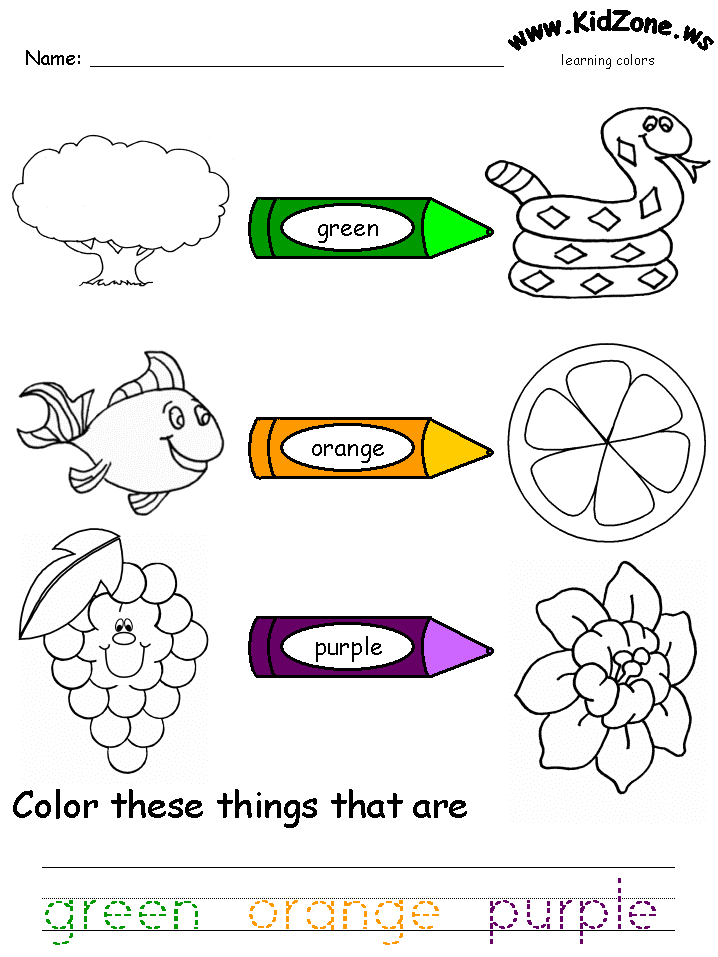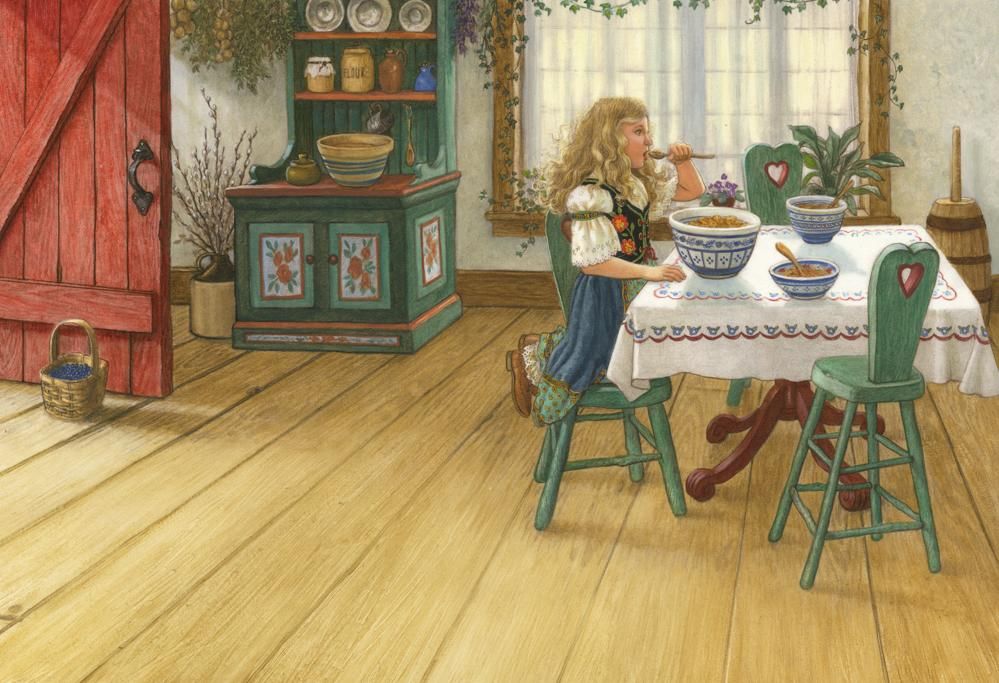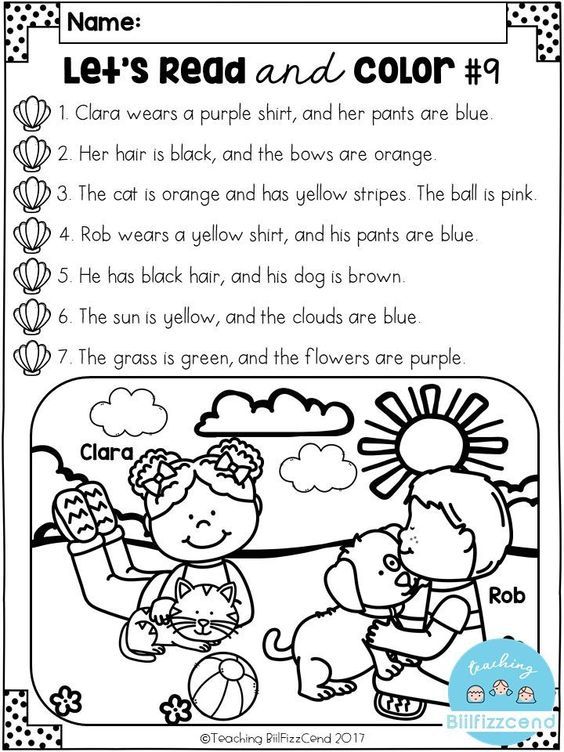Parent tips for reading
Reading Tips for Parents
Strong parental involvement is a key component of the Just Read, Florida! initiative. Other than helping your child to grow up happy and healthy, the most important thing that you can do for them is help them develop their reading skills.
How Can I Help My Child Be Ready to Read and Ready to Learn?
- Talk to your infant and toddler to help him learn to speak and understand the meaning of words. Point to objects that are near and describe them as you play and do daily activities together. Having a large vocabulary gives a child a great start when he enters school.
- Read to your baby every day starting at six months of age. Reading and playing with books is a wonderful way to spend special time with him. Hearing words over and over helps him become familiar with them. Reading to your baby is one of the best ways to help him learn.
- Use sounds, songs, gestures and words that rhyme to help your baby learn about language, and its many uses.
Babies need to hear language from a human being. Television is just noise to a baby.
- Point out the printed words in your home and other places you take your child such as the grocery store. Spend as much time listening to your child as you do talking to him.
- Take children's books and writing materials with you whenever you leave home. This gives your child fun activities to entertain and occupy him while traveling and going to the doctor's office or other appointments.
- Create a quiet, special place in your home for your child to read, write and draw. Keep books and other reading materials where your child can easily reach them.
- Help your child see that reading is important. Set a good example for your child by reading books, newspapers and magazines.
- Limit the amount and type of television you and your child watch. Better yet, turn off the television and spend more time cuddling and reading books with your child.
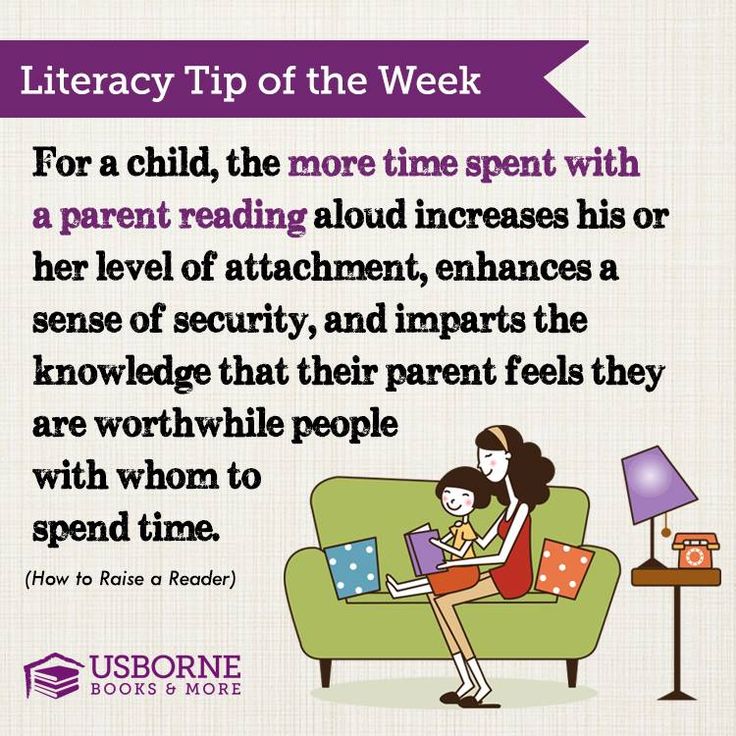 The time and attention you give your child has many benefits beyond helping him be ready for success in school.
The time and attention you give your child has many benefits beyond helping him be ready for success in school. - Reach out to libraries and community and faith-based organizations. These organizations can:
- Help you find age-appropriate books to use at home with your child;
- Show you creative ways to use books with your child and other tips to help him learn; and
- Provide year-round children's reading and educational activities.
How Do I Know a Good Early Reading Program When I See One?
- Every teacher is excited about reading and promotes the value and fun of reading to students.
- All students are carefully evaluated, beginning in Kindergarten, to see what they know and what they need to become good readers.
- Reading instruction and practice lasts 90 minutes or more in grades K-5.
- All students in grades K-3 who have been identified as having a deficiency in reading are provided educational interventions and activities.
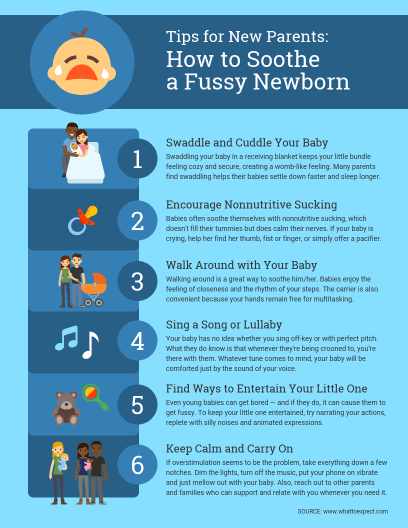 These students receive, throughout the day, a total of 60 extra minutes of instruction.
These students receive, throughout the day, a total of 60 extra minutes of instruction. - Before - or after-school help is given to all students who need extra instruction or who need to review skills. Summer school is available for students who have not mastered grade level skills by the end of the year.
- Reading instruction and practice includes work on letters, sounds and blending sounds. Students learn to blend letters and sounds to form new words.
- Learning new words and their meaning is an important part of instruction.
- Students have daily spelling practice and weekly spelling tests.
- The connection between reading and writing is taught on a daily basis. Students write daily. Papers are corrected and returned to the students. By the end of second grade, students write final copies of corrected papers. Corrected papers are sent home for parents to see.
- All students are read to each day from different kinds of books.
 Students discuss what they read with teachers and other students.
Students discuss what they read with teachers and other students. - All students have a chance to read both silently and aloud in school each day and at home every night.
- Every classroom has a library of books that children want to read. This includes easy books and books that are more difficult.
- The school library is used often and has many books. Students may check books out during the summer and over holidays.
Simple Strategies for Creating Strong Readers
Without doubt, reading with children spells success for early literacy. Putting a few simple strategies into action will make a significant difference in helping children develop into good readers and writers.
Through reading aloud, providing print materials and promoting positive attitudes about reading and writing, you can have a powerful impact on children's literacy and learning.
- Invite a child to read with you every day.
- When reading a book where the print is large, point word by word as you read.
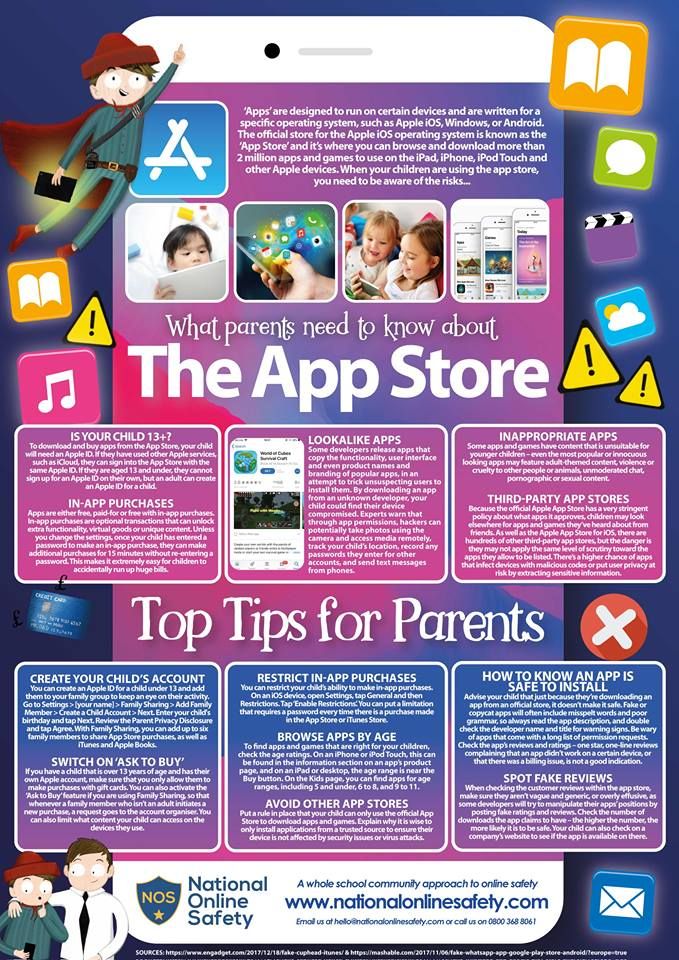 This will help the child learn that reading goes from left to right and under stand that the word he or she says is the word he or she sees.
This will help the child learn that reading goes from left to right and under stand that the word he or she says is the word he or she sees. - Read a child's favorite book over and over again.
- Read many stories with rhyming words and lines that repeat. Invite the child to join in on these parts. Point, word by word, as he or she reads along with you.
- Discuss new words. For example, "This big house is called a palace. Who do you think lives in a palace?"
- Stop and ask about the pictures and about what is happening in the story.
- Read from a variety of children's books, including fairy tales, songbooks, poems and information books.
Reading well is at the heart of all learning. A child who can't read well, can't learn. Help make a difference for a child.
The Five Essential Components of Reading
Reading with children and helping them practice specific reading components can dramatically improve their ability to read.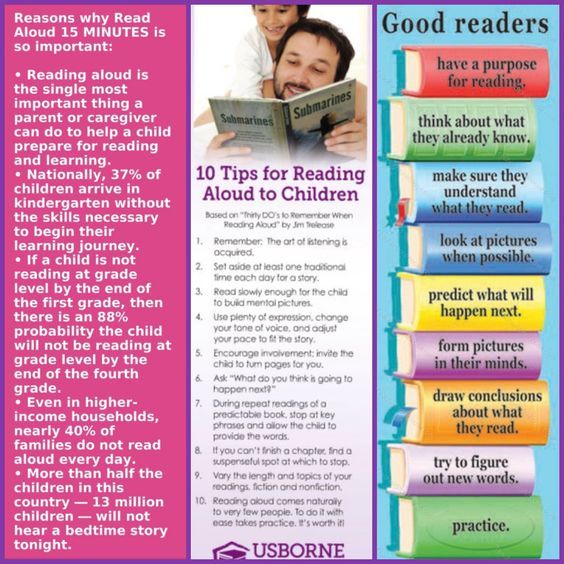 Scientific research shows that there are five essential components of reading that children must be taught in order to learn to read. Adults can help children learn to be good readers by systematically practicing these five components:
Scientific research shows that there are five essential components of reading that children must be taught in order to learn to read. Adults can help children learn to be good readers by systematically practicing these five components:
- Recognizing and using individual sounds to create words, or phonemic awareness. Children need to be taught to hear sounds in words and those words are made up of the smallest parts of sound, or phonemes.
- Understanding the relationships between written letters and spoken sounds, or phonics. Children need to be taught the sounds individual printed letters and groups of letters make. Knowing the relationships between letters and sounds helps children to recognize familiar words accurately and automatically, and "decode" new words.
- Developing the ability to read a text accurately and quickly, or reading fluency. Children must learn to read words rapidly and accurately in order to understand what is read. When fluent readers read silently, they recognize words automatically.
 When fluent readers read aloud, they read effortlessly and with expression. Readers who are weak in fluency read slowly, word by word, focusing on decoding words instead of comprehending meaning.
When fluent readers read aloud, they read effortlessly and with expression. Readers who are weak in fluency read slowly, word by word, focusing on decoding words instead of comprehending meaning. - Learning the meaning and pronunciation of words, or vocabulary development. Children need to actively build and expand their knowledge of written and spoken words, what they mean and how they are used.
- Acquiring strategies to understand, remember and communicate what is read, or reading comprehension strategies. Children need to be taught comprehension strategies, or the steps good readers use to make sure they understand text. Students who are in control of their own reading comprehension become purposeful, active readers.
325 West Gaines Street, Suite 1432
Tallahassee, FL 32399-0400
Phone: 850-245-0503
Fax: 850-245-5105
Reading Tips for Parents | Madison Public Library
Story time! It’s so important to take time every day to read with your child.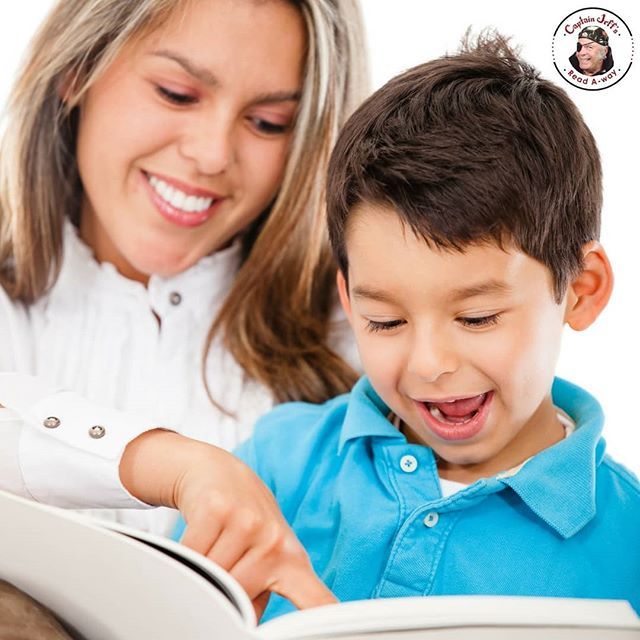 Whether you read at the breakfast table, after-school, or right before bed, designate time every day to read together. Use the following tips to encourage your child’s reading & writing skills and love of books.
Whether you read at the breakfast table, after-school, or right before bed, designate time every day to read together. Use the following tips to encourage your child’s reading & writing skills and love of books.
Under Two
- Take your child on your lap and open the book to the beginning. Don’t be upset if your baby grabs the book and begins to chew on it. You can give your child a toy to hold in each hand.
- Choose books with simple, bold, colorful shapes. Recite or sing nursery rhymes and songs.
- Turn pages slowly and talk about what you see as you point to the pictures.
- Keep reading sessions short. Five minutes will probably be enough time at first.
- Use board books or books with plastic or cloth covers. These are great for babies to look at by themselves.
Toddlers 2-3 Years Old
- Maintain a regular storytime as a peaceful time for the whole family.
- Use puppets and stuffed animals to help tell stories.
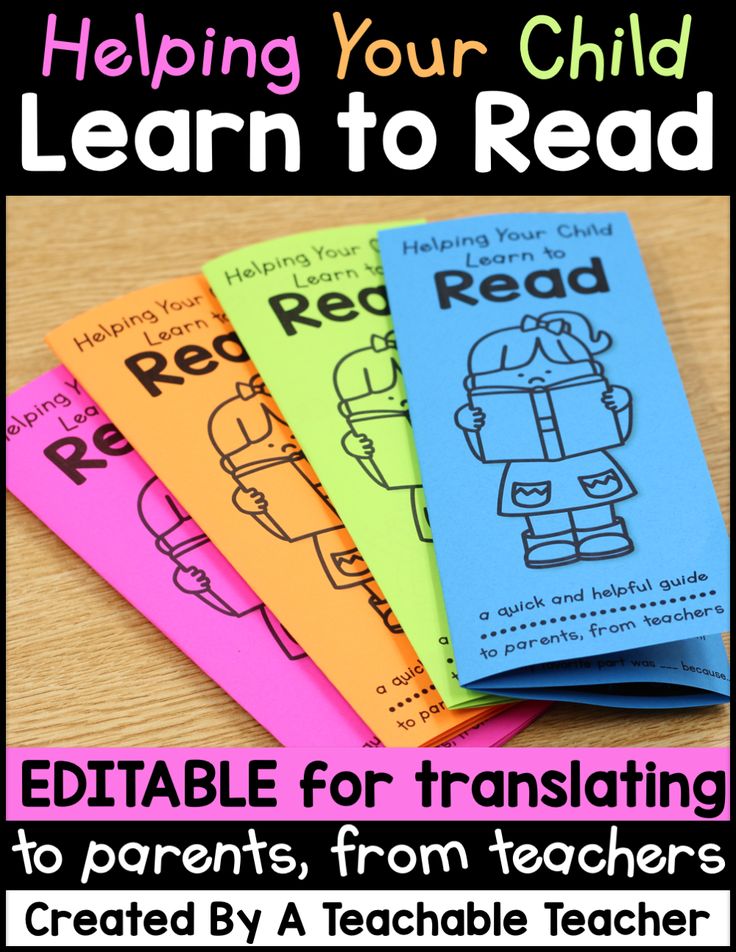
- Let your child choose the book sometimes. He/she may want you to read the same story over and over.
- Visit the library often and take your child to storytime.
- Choose books that have a simple sentence structure.
Preschoolers 3-4 Years Old
- Have a regular reading time every day.
- Visit the library often and take your child to the children’s activities there.
- Choose picture books with lots of vocabulary and detailed illustrations to read to your child.
- Encourage your child when he or she tries to read.
- Make sure books are on a shelf that’s easily accessible.
- Let your child help with the chores that include sorting, measuring, cooking and counting.
- Give your child time and materials to color, draw, do puzzles and cut paper.
Kindergarten Children 5-6 Years Old
- Read books out loud every day.
- Get your child a library card and go to the library regularly.
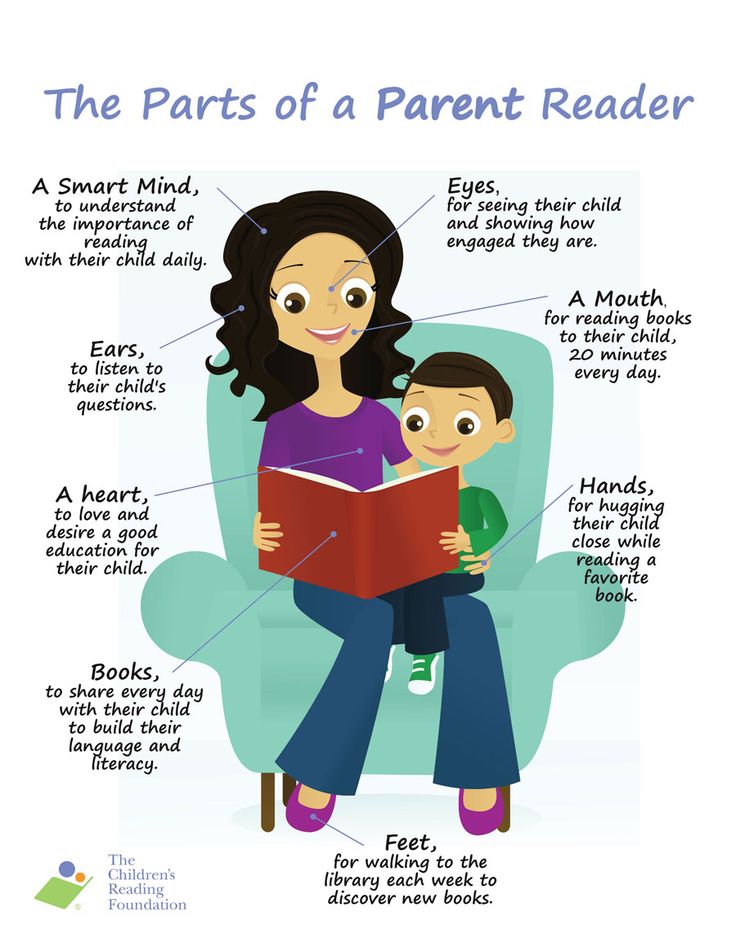
- Choose books that are repetitive and full of rhyme, as well as those with longer sentences and more complex illustrations.
- Encourage your child to help with writing tasks (help with grocery lists, presents, etc.).
- Let your child see you reading for enjoyment.
School Age 7 & Up
- Let your child choose his or her own recreational reading. Some kids love reading fiction, others like non-fiction, comics or graphic novels.
- Read books aloud or have silent reading time as a family.
- Sign your child up for the Summer Reading Program at the library.
- Encourage your child to join a book club or to start their own.
- Support your child’s writing skills. Some kids like to create their own comic strips. Others enjoy writing letters or stories. Some like creating their own secret codes.
Tips for parents.
Page updated on 03/12/2020
- Teach your children about the value of reading.
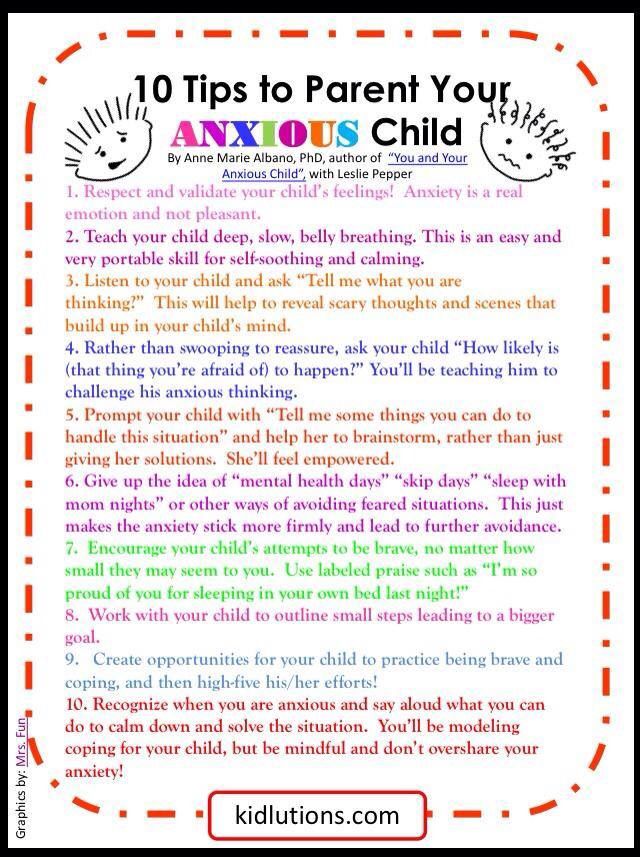 Show the connection of reading with their success in school and other activities. Give examples of the book's positive impact on your own life or the lives of others.
Show the connection of reading with their success in school and other activities. Give examples of the book's positive impact on your own life or the lives of others. - Draw the children's attention to the statements of prominent people about reading. Do not miss the facts confirming the role of reading in the life of those who are authoritative for the student: athletes, actors, TV stars. Raise the prestige of books and reading in the child's mind.
- If your child reads in his spare time from school, ask what kind of book is in his hands. Look into it. If, in your opinion, the book is inhumane, discuss it with the child, evaluate it from the standpoint of good and evil, offer him a good book.
- If your child is just taking his first steps into the world of reading, rejoice in every word he reads as a victory. Do not draw his attention to reading errors. Do it discreetly. Take only suitable books for the first readings - bright, with large print, where there are a lot of pictures and a plot that is interesting to follow.
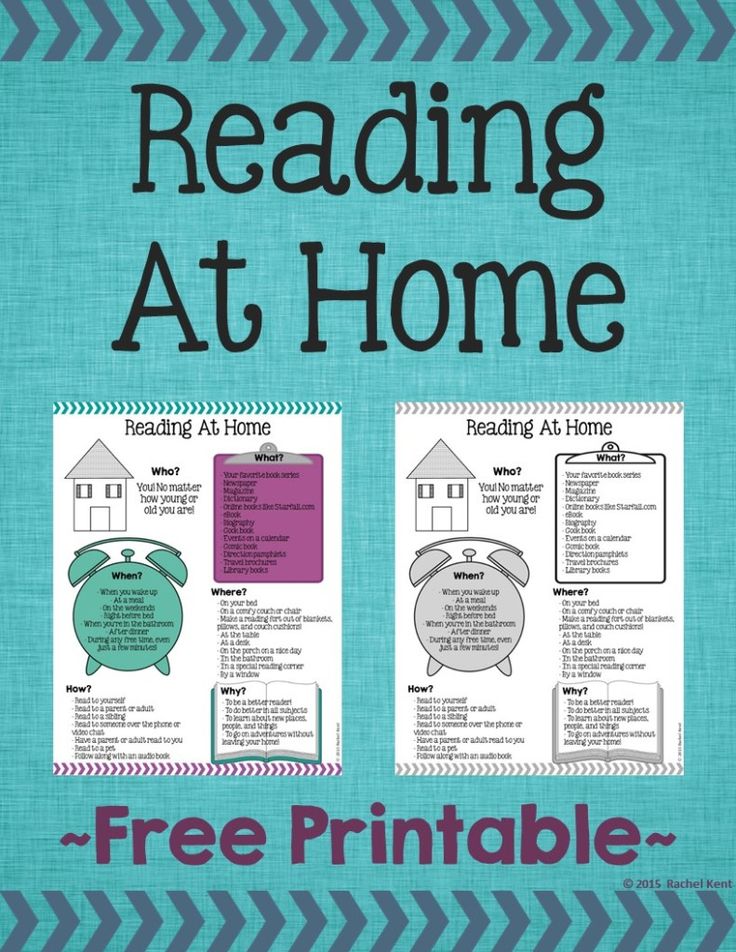
- Encourage your child to visit the library and its activities. Take it with you when you go to the library yourself. Learn to use its funds and reference apparatus. Consult with a librarian in choosing books for your child. Trust his expert advice.
- Subscribe to magazines for your child (in his name!) based on his interests and hobbies. Let the child together with you choose the desired magazine or newspaper from the Rospechat catalog. He will read more readily the periodicals chosen by himself.
- Enjoy reading yourself and develop in your children an attitude towards reading as a pleasure.
- Let the children see how you enjoy reading yourself: quote, laugh, memorize passages, share what you read, etc.
- Show that you value reading by buying books, giving them yourself and receiving them as gifts. Let the children choose their own books and magazines (from the library, bookstore, etc.).
- In a conspicuous place, hang a list that will reflect the progress of the child in reading (how many books have been read, and for how long).

- Set aside a special place for reading at home (nook with shelves, etc.).
- There should be a children's library in the house.
- Collect books on topics that will inspire children to read more about the topic (such as books about dinosaurs or space travel).
- Invite the children to read the book the movie is based on before or after watching the movie.
- Take turns reading stories or funny stories to each other. Entertain yourself instead of watching TV.
- Encourage your child to make friends with children who love to read.
- Solve crossword puzzles with children and give them to them.
- Encourage children to read aloud whenever possible to develop their skill and self-confidence.
- Ask your children often about the books they read.
- Encourage reading of any type of periodical material, even horoscopes, comics, TV series reviews - let the children read anything!
- It is better for children to read short stories than long stories: then they get a sense of completeness and satisfaction.
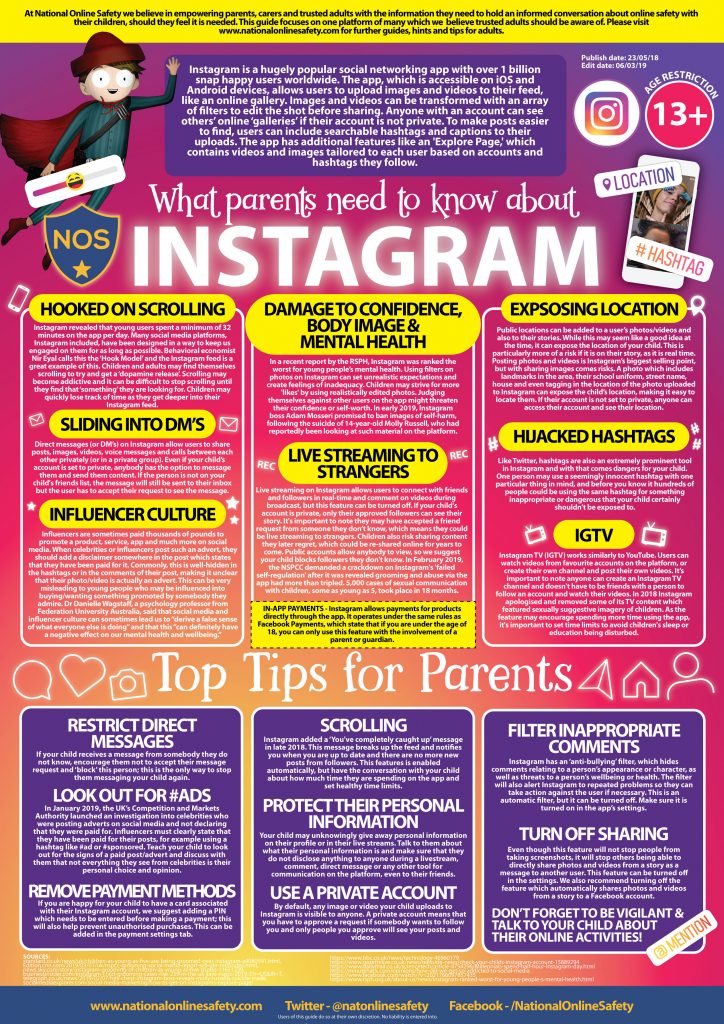
- Let the children read in bed every night before going to sleep.
Recommendations for parents when reading books at home. | Consultation (younger group) on the topic:
Recommendations for parents when reading books to children.
Only in alliance with parents, it is possible to harmoniously, effectively introduce children to reading. The forgotten and lost tradition of family reading should return to our homes - common reading of books, communication in three: an adult, a child and a book.
No matter how undeniable the role of libraries and educators in the initial introduction of children to reading, the first and main leader of reading is the family.
Teach children to read based on their interests. A child who has been taught to read forcibly is reluctant to use this skill.
Play more with your children. The path to literacy lies through games of sounds and letters.
Tell stories to children. Even “very big” guys (we often say “You are already big” to a seven-year-old child) are very fond of a song, a bedtime story. It calms them down and helps relieve stress.
It calms them down and helps relieve stress.
Have family readings more often. Reading aloud is even more interesting for older children than for younger ones.
Read for yourself, let the child see that mom and dad spend their free time not only watching TV.
There are things that it is better for children not to hear and not to know: for example, parents' disputes on everyday topics, etc. But children must hear disputes between father and mother about a book they have read.
Do not rush to answer children's questions, it is better to advise you to look for answers in books on your own.
Collect various dictionaries at home: explanatory, spelling, encyclopedic, etc. Develop in your child the habit of using dictionaries and working with them.
Try to buy and give good books to children, always with an inscription. Pay attention to what your son or daughter is reading.
Together with your child, create a library for him so that it contains different books, and not just, for example, fantasy and adventure.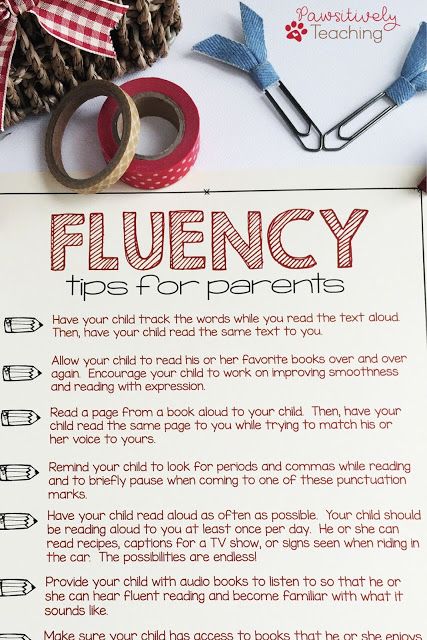
Rules to be reckoned with in order to teach a child to read.
Read aloud to your child from a very young age, even if he is 10 years old.
· The child does not want to read aloud because it is difficult. When reading aloud, thinking, memory, speech, perception, fantasy, auditory and visual analyzers work, the apparatus of semantic information processing is actively operating.
Find out your child's inclinations, what he likes. You give him a chic book of fairy tales, and he liked the most nondescript, with poor printing, a book of riddles or origami.
· Does not want to read because he is afraid that he will not turn out the way his mother or father or teacher wanted.
Buy books, give books, get them as gifts. “A book is the best gift” - this phrase is very relevant and popular now.
· Leave printed materials wherever possible, where the child will see them, even if it is a photocopy of a story or fairy tale.
· It is necessary to accustom a child with short stories, books, fairy tales, so that he develops a sense of completeness and satisfaction.
· Order a children's literary magazine that he will be waiting for. There, most often, small works are printed. Ask to tell what interesting read.
Have children read to younger siblings, friends, and relatives.
Purchase a board game that involves reading.
After watching a movie or cartoon, offer to read a book and compare whether the plot of the book and the plot of the film are the same. After watching a documentary about dinosaurs or travel, offer your child a book on the subject. He can only look at the pictures and not read this time, but next time he will definitely be interested.
REMINDER FOR PARENTS
* Fill your child's day with nursery rhymes, jokes, sentences.
* Introduce an obligatory ritual of reading books before each quiet hour.
* Read to children whenever possible: before dinner, after lunch, on a walk or in bad weather.
* Read to your child every evening. Children do not really want to go to bed and will be glad to have the opportunity to postpone bedtime with the help of evening reading.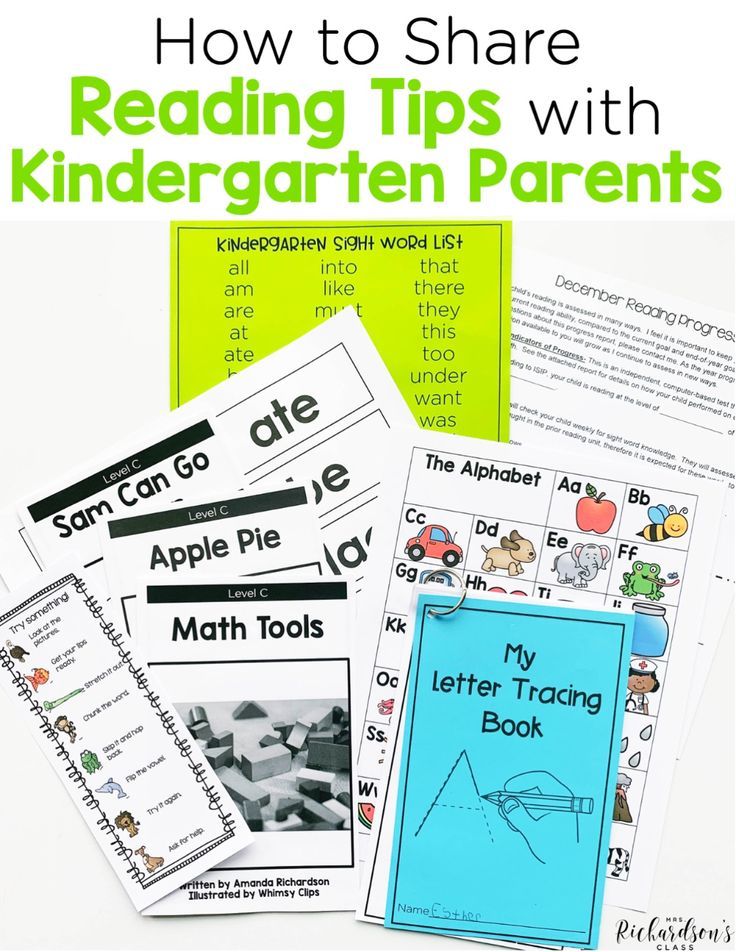 Over time, this will become a kind of bedtime ritual.
Over time, this will become a kind of bedtime ritual.
* If a child asks to read, never refuse him. Even if you have very little time, read at least a couple of pages a day.
* Do not be afraid to read large works to children, even if only a chapter a day. Such reading "with continuation" develops memory and attentiveness, and also maintains interest in reading. After all, the child really wants to know what will happen next with their favorite characters.
HOW TO TEACH A CHILD TO SAVE BOOKS
* Do not read during.
* Do not fold sheets, use bookmark.
* Place the book only on a clean table.
* Do not scatter books, keep them in one place.
* To provide "first aid" to "sick" books in a timely manner.
HOW TO DISCUSS A BOOK YOU HAVE READ WITH YOUR CHILD
* Explain difficult words before or during reading.
* Ask if you liked the piece? How?
* What new, interesting did you learn?
* Ask the child to tell about the main character, event of the story, fairy tale, poem.